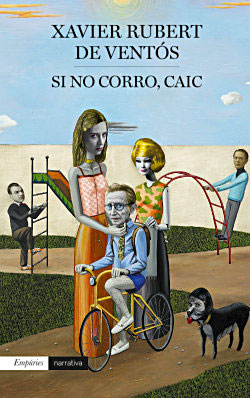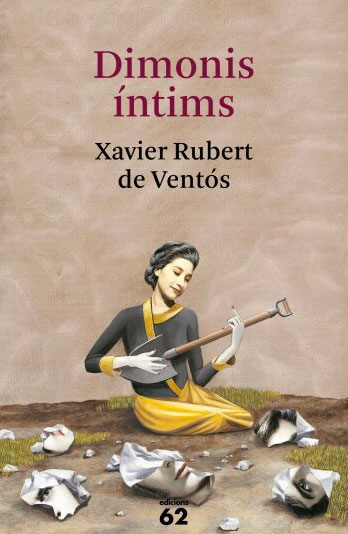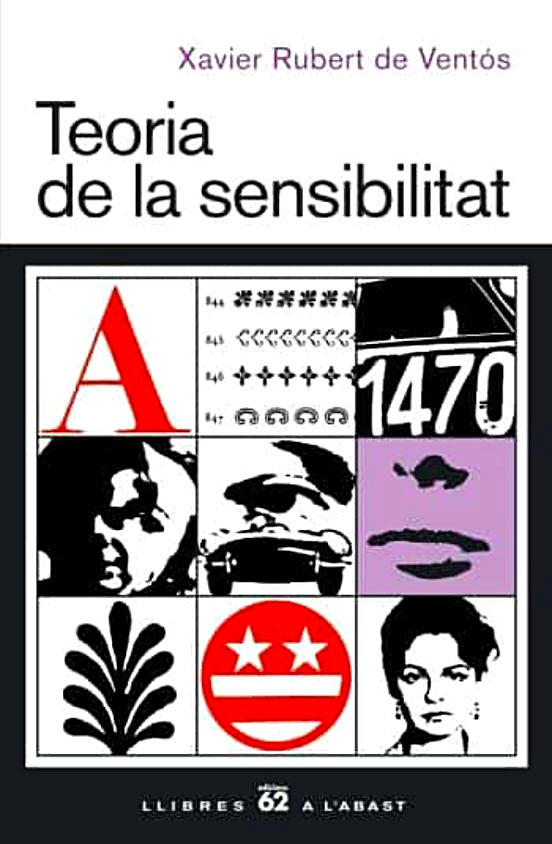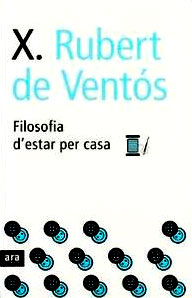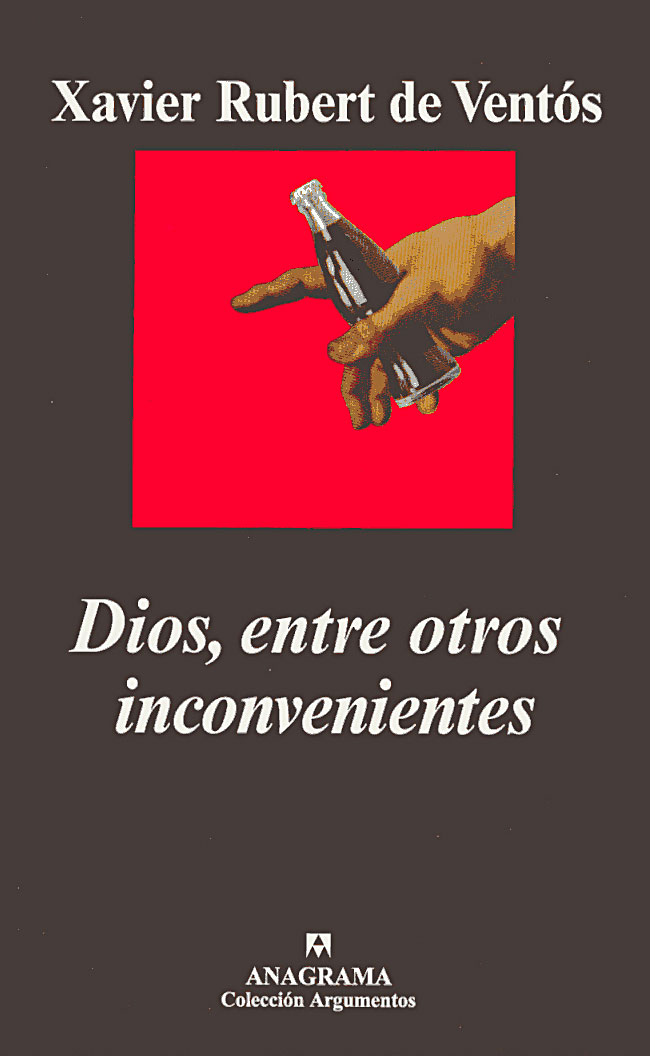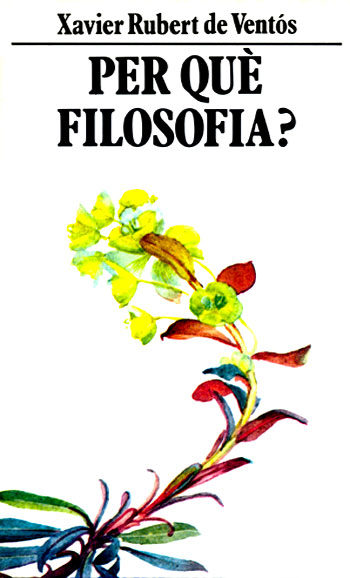
El cortesano y su fantasma
P. is a philosopher by profession whose winning of a seat in Parliament allows him to observe personally what the politics that has occupied so many hours of his study time is really like.
From this position he realises that the realpolitik has little to do with his preconceived notions of politics. As the only ally to save him from this abyss, P. relies on his alter ego, the ghost, with whom throughout the book he comments and discusses the frictions and clashes that result from this contrast. However, instead of allowing himself to be invaded by unease or rising above it in some grandiloquent manner, he also learns to admire the politicians for allowing him to unload onto them the resposnibhility for his very existence.
This book is as much a fictitious account as an essay on politics in which the author combines philosophy and political thought with his experience as an MP. The result is a skeptical but receptive view that rutinizes every nook and cranny of the political web without giving in or becoming shocked, but taking this political reality for what it is. Placed on the crossraods between academic pomposity and the cynical pragmatism of power, Rubert de Ventós offers us from this privileged perspective a fascinating reflection on the argumentation of the politics of his time.
Mexico: Editorial Sexto Piso (Spanish)
